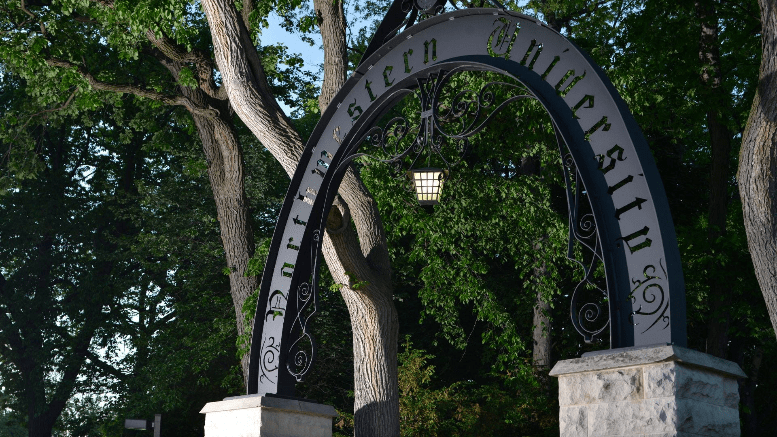Professor James Druckman finds increasing support for school vaccination mandates
July 22, 2021

COVID-19 vaccines for children under 12 are expected to be approved this fall, and Political Science Professor James Druckman found that, overall, Americans are feeling more inclined to vaccinate their kids.
Druckman is a member of a university consortium called The COVID States Project, which includes researchers from Northwestern, Northeastern, Harvard and Rutgers. The researchers surveyed more than 20,000 Americans to measure shifts in vaccine acceptance since the time of their initial FDA approval.
Though the researchers found that Americans have become more accepting of vaccinations as a whole, they also discovered resistance remains high among young mothers and mothers of young children.
“This could create a complex scenario in schools with uneven vaccination rates within and across classes,” said Druckman. “The finding though also provides some insight into a particular population (e.g., mothers of young children) that needs to be explored further to understand their specific concerns.”
The study also found that Asian American parents are the most accepting of the vaccine, followed by white democrats, Hispanic democrats and Black democrats. Black parents have become substantially less resistant to vaccinating their kids, but many remain hesitant partially due to stronger mistrust of government and healthcare institutions.

James Druckman
Additionally, support for school vaccine mandates has grown from 54.4% to 61.3%. Americans who are more liberal, educated, higher income and urban are more likely to support school vaccine mandates, but support has grown in both political parties.
Read more about the report in Northwestern Now. Read the full report here.
Faculty

Joel Mokyr wins Nobel Prize in Economic Sciences
October 13, 2025
Nobel recognizes Mokyr’s theory on sustained economic growth Joel Mokyr, the Robert H. Strotz Professor of Arts and Sciences and professor of economics and history in the Weinberg College of Arts and Sciences at Northwestern University, today (Oct….

Northwestern accelerates quantum research with NVIDIA technology
September 19, 2025
NVIDIA code could help researchers tackle computationally demanding tasks hindering quantum research Northwestern University physicists are using NVIDIA technology to tackle the computationally demanding tasks hindering quantum research. Northwestern theoretical physicist Jens Koch and his research group…

Weinberg College welcomes new faculty members for 2025-2026 academic year
September 18, 2025
Shreeya Behera Assistant Professor of Instruction PhD institution: The Ohio State University Previous title and institution: Data Scientist at Pandora Bio, Inc. Home department: Statistics and Data Science Shreeya Behera is a mathematician and data…

Weinberg College faculty and graduate students recognized for excellence in teaching
July 2, 2025
Each year, the Weinberg College of Arts and Sciences and the Office of the Provost recognizes members of the College’s tenure-line and teaching-track faculty for excellence in teaching. Weinberg College in addition recognizes the contributions…



